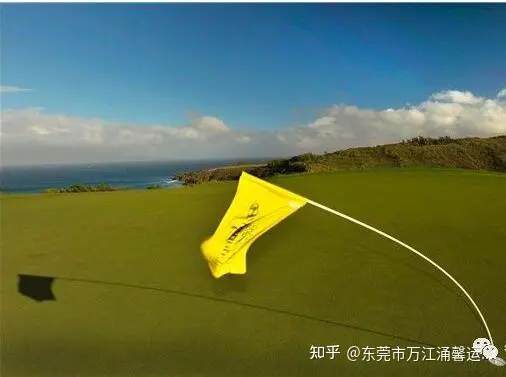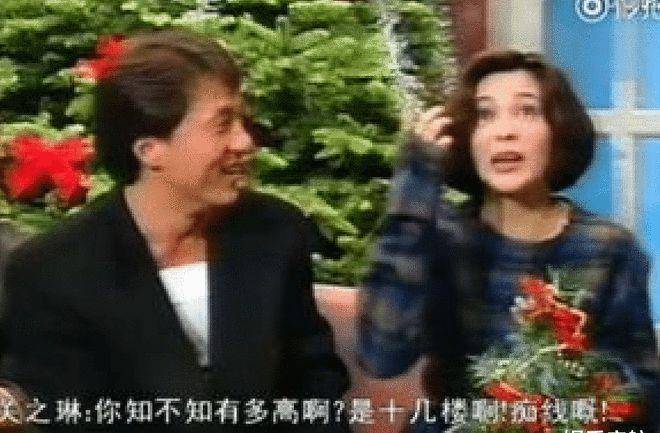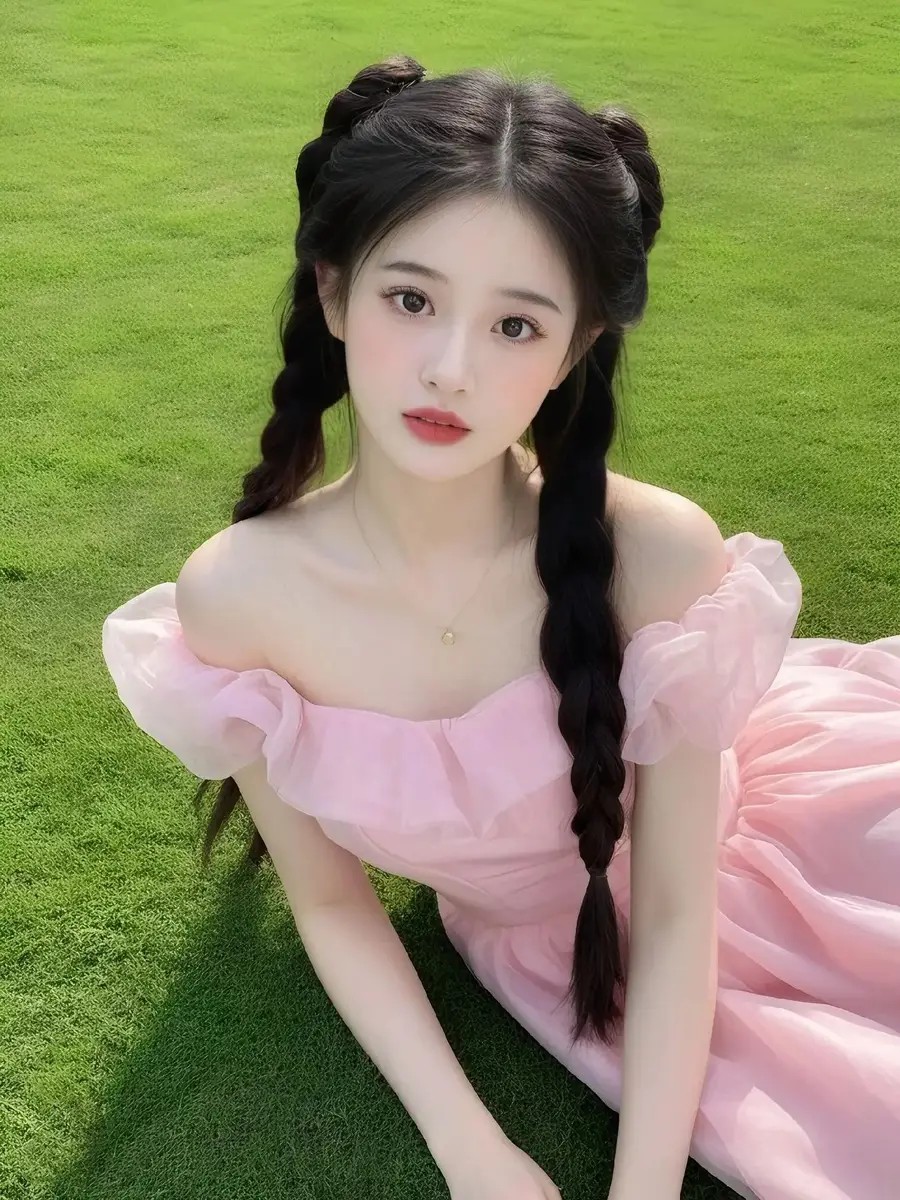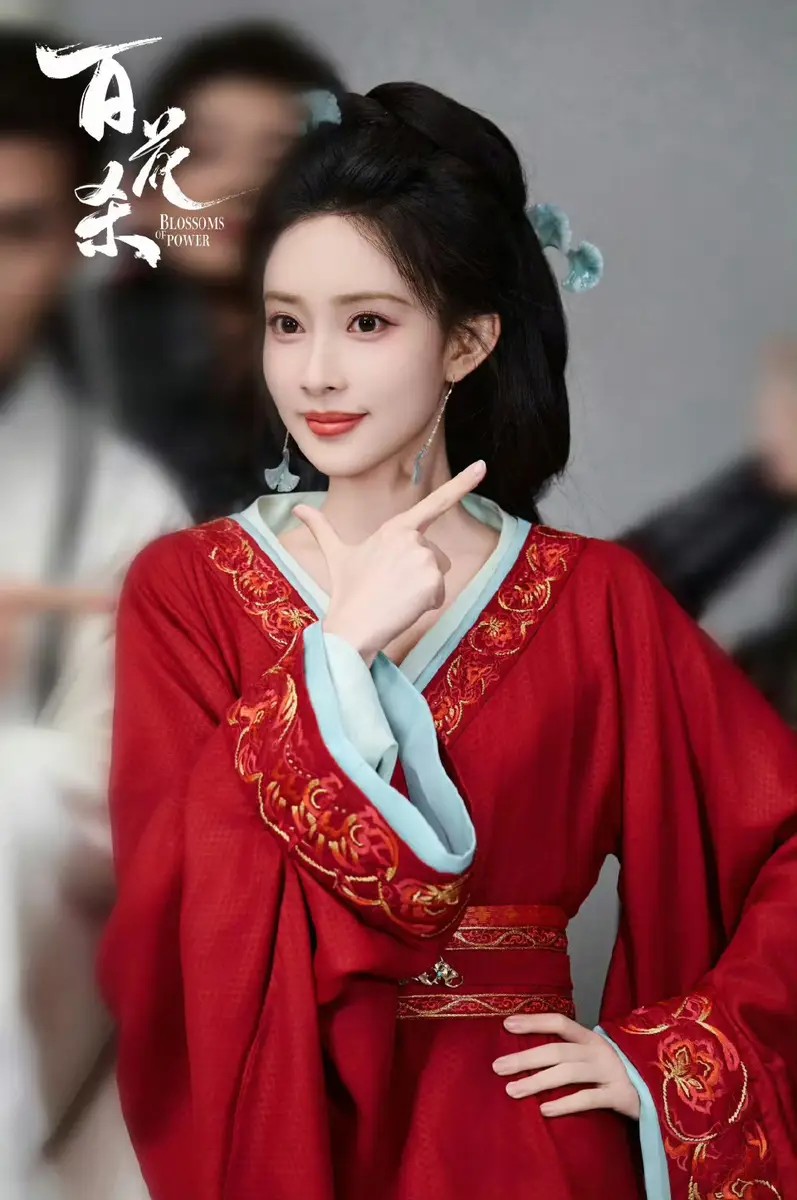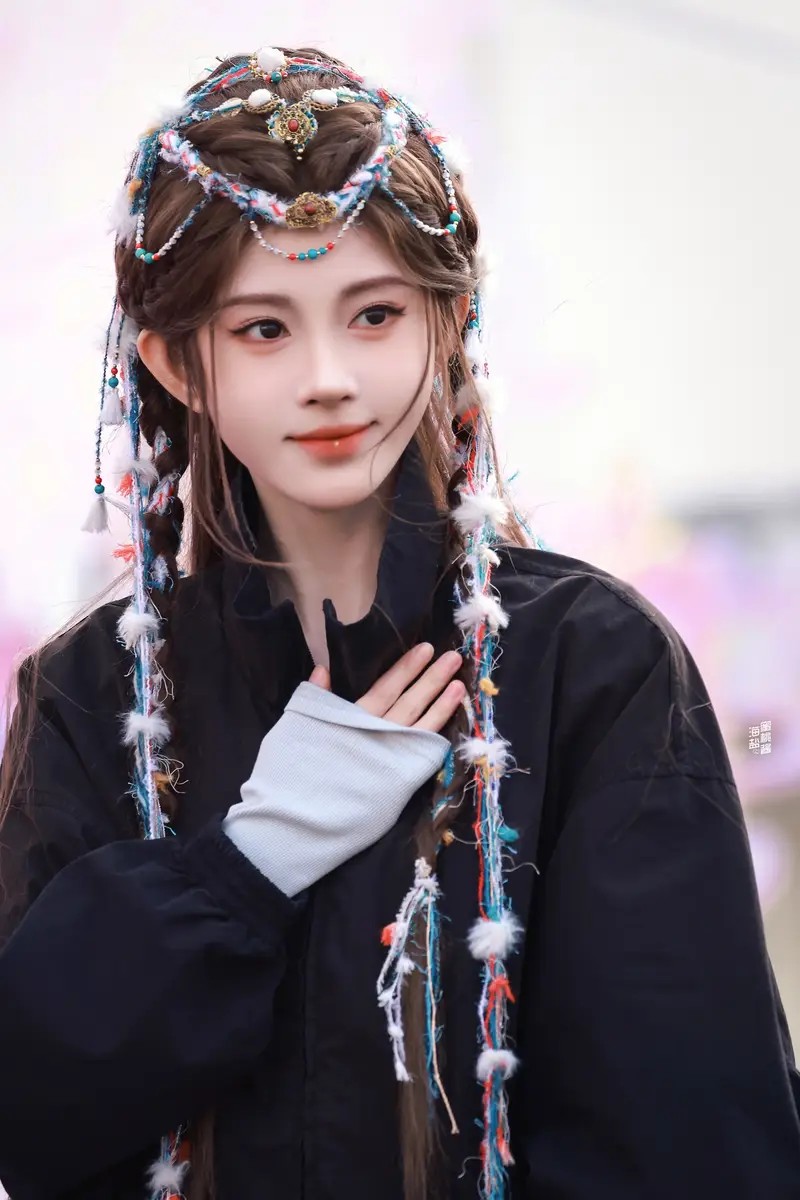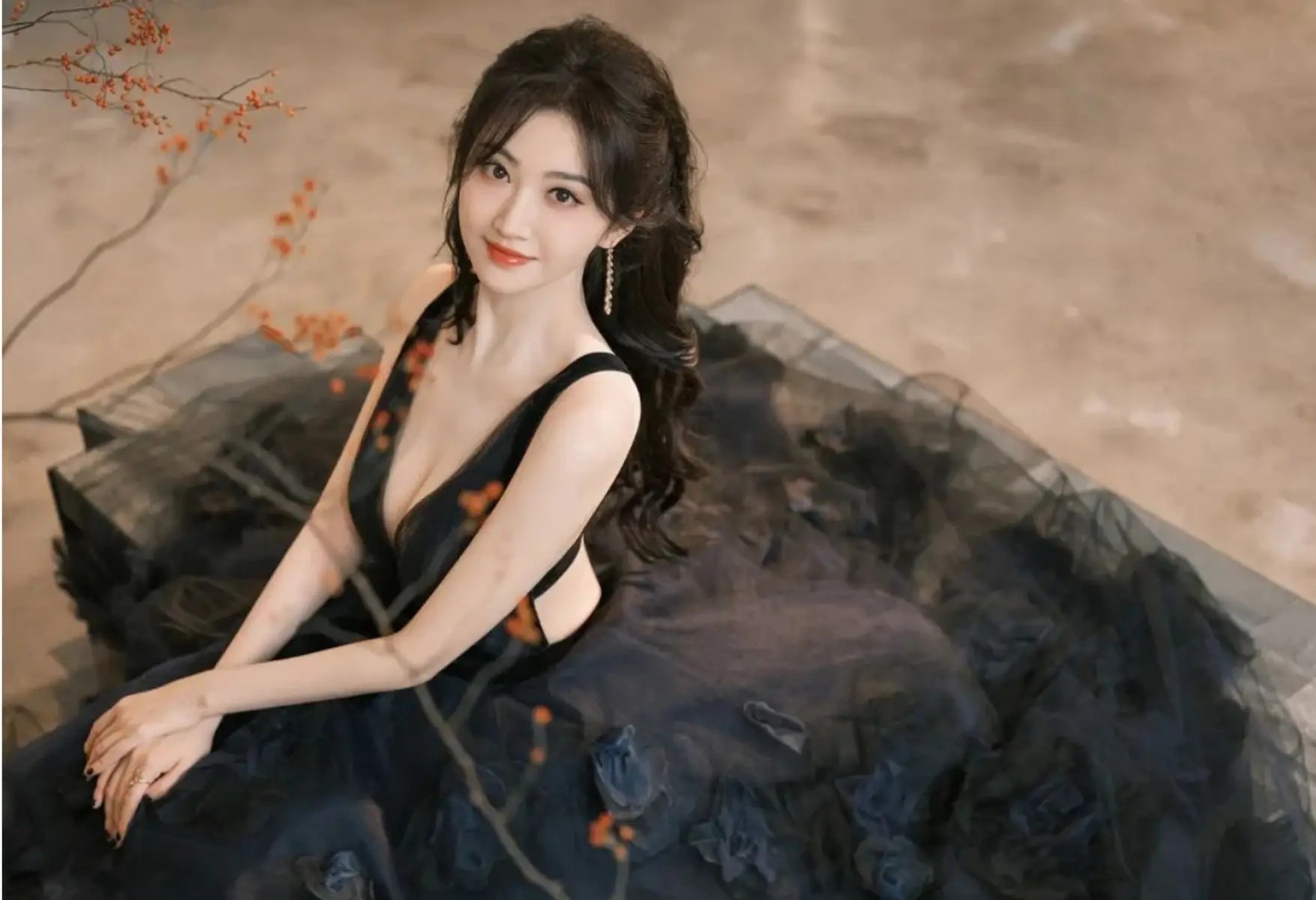英语素材74:专四
continuous连续的
triumph胜利,凯旋;成功
rural乡村的,田园的 rur农村
contaminate污染,弄脏 tamin触
bracelet手镯 brace两臂
residential住宅的,居住的;寄宿的
deposition证言,沉积物;矿床,革职
formalize使形式化;使程序化
cider苹果汁,苹果酒
inscribe刻
circular圆形的;环形的;通知
commit犯罪;进行自杀;承诺,保证
ideology意识形态,思想体系 logy体系
spawn卵;菌丝;大量生产
visionary有远见的人;爱幻想的
carbon碳;复写纸
imaginative富于想象力的
texture纹理,质地;结构;口感;肌理 text编织 ure状态
affordable买得起的,担负得起的
a brand new year 崭新的一年
turn over a new leaf翻开崭新的一页
get a new lease on life描述人生中的大转机(大病初愈后,改掉一个非常大的坏习惯,洗心革面)
a new dawn 全新的一天,全新的局面
break new ground 打开新局面、开创革新,常形容一些新的科技突破
new kid on the block初来乍到的新人
What else is new?通常带有讽刺语气,形容一个人惯有的老秉性;一件负面的事情又发生了
Scientists are breaking new ground with renewable energy.再生能源领域
The residential area is separate from the business district.商业区
Artisans use mulberry silk weaving skills to create various silks. Among them, craftsmanship of Nanjing Yunjin brocade represents the highest achievement of the Han nationality brocade. The materials used for the Nanjing Yunjin Brocade are exquisite,mainly including threads of silk, gold or silver thread, even feathers from peacocks or other birds and beasts. With fine weaving, gorgeous patterns and riotous colors, the Najing Yunjin Brocade forms its unique style and gets the name "Yunjin"since it is as splendid and glorious as the clouds in the sky. The Nanjing Yunjin Brocade, together with the Shu brocade of Chengdu, the Song brocade of Suzhou, and the Zhuang brocade of Guangxi, is known as "the four famous brocades of China" and it has a history of almost 1600 years.
工巧匠们通过桑蚕丝织技艺创造出丰富的丝织品。其中,南京云锦代表了汉族织锦技艺的最高成就。云锦用料十分考究,主要运用丝线、金线、银线甚至孔雀等鸟兽的羽毛等,再辅以精细的织工、浓厚的色彩和华美的图案,创造出金碧辉煌、灿若云霞的风格,因此得名“云锦”。它与成都蜀锦、苏州宋锦和广西壮锦并称为“中国四大名锦”,至今有近1600年的历史。
The Son of Heaven refers to the emperor or monarch, the supreme ruler of an empire or dynasty. People in ancient times believed that a monarch ruled the world by Heavens decree and with its mandate, hence he was called the Son of Heaven. This term asserted that a rulers authority was legitimate and sacred, as it was bestowed by Heaven, but to some extent, it also restricted the exercise of this power. This has some similarity to the Western concept of the divine right of kings by the grace of God, but there are fundamental differences. Tian (天), the Chinese word for Heaven, is not the same as the Western term "God." Rather, the Chinese term also implies the idea of interaction between Heaven and man, which means that the decree of Heaven also embodies popular will and popular support.
“天”之子,指帝王、君主,即帝国或王朝的最高统治者。古人认为,帝王、君主秉上天旨意统治天下,其权力乃天所授,故称帝王、君主为天子。这个名称肯定了帝王、君主的权力来自上天所赐的正当性和神圣性,同时也对之构成一定的约束。这和西方的“君权神授”的观念相似,但有根本不同:中国的“天”不同于西方的“神”,而且蕴含着“天人感应”的思想,即“天”的旨意与人心、民意相贯通。
Humans and Nature respond to each other. This theory was put forward by Dong Zhongshu (179-104 BC), who had inherited his predecessors thinking and believed that things of similar nature could respond to each other. According to him, humans are a duplication of Nature, therefore they respond to each other. Changes of Nature will affect human beings and their activities. Human actions and words, as well as the order or disorder of human society are reflected in Nature by astronomical signs. If the ruler of a state has said or done something treacherous, calamity or unnatural phenomenon may occur to reflect this. Dong Zhongshu, with this theory as his basis, tried to persuade the ruler to govern virtuously by citing historical calamities or unnatural phenomena.
天与人之间相互感应。“天人感应”之说是董仲舒(前179—前104)明确提出的。他继承了前人的思想,认为同类事物之间可以相互感应。而人作为天的副本,彼此之间也存在着感应。天的变化会影响人和人事,而人的言行、人事的治乱也会在天象上有所反映。统治者如果有悖乱的言行,就会引发灾异。董仲舒试图在“天人感应”的基础上,利用灾异现象规劝统治者施行德治。
The term refers to the five Confucian classics: "The Book of Songs,""The Book of History," "The Book of Rites," "The Book of Changes," and "The Spring and Autumn Annals." In the pre-Qin period, the term "Six Classics" was used, referring to "The Book of Songs," "The Book of History," "The Book of Rites," "The Book of Music," "The Book of Changes," and "The Spring and Autumn Annals." "The Book of Music," did not exist in written form, hence people often used the term "Five Classics" during the Han Dynasty. After Emperor Wu of the Han Dynasty established the title of "Academician of the Five Classics," study of these works became the foundation of Chinese learning, culture, and thought. In terms of content, the Five Classics each has its own focus; for instance, "The Book of Songs" deals with aspirations, and "The Book of History" chronicles events. Different in focus but complementing each other, they form an integral collection of classics. Throughout history, Confucian scholars added significant meaning to these classics with their interpretations of the original texts. The Five Classics comprise traditional Chinese cultures fundamental understanding of world order and values, epitomizing the concept of Dao.
《诗》《书》《礼》《易》《春秋》等五部儒家经典的合称。先秦时期有“六经”之说,指《诗》《书》《礼》《乐》《易》《春秋》,因《乐》已亡佚(一说无文字),故汉代多称“五经”。从汉武帝立“五经博士”起,“五经”之学成为中国学术、文化和思想的根本。从内容上来说,“五经”各有所偏重,如《诗》言志、《书》言事等,因其不同而互补,故构成一个整体。历代儒者通过对文本的不断解释,为这些经典赋予了丰富的意义。“五经”之学包括了中国传统文化对于世界秩序与价值的根本理解,是道的集中体现。



